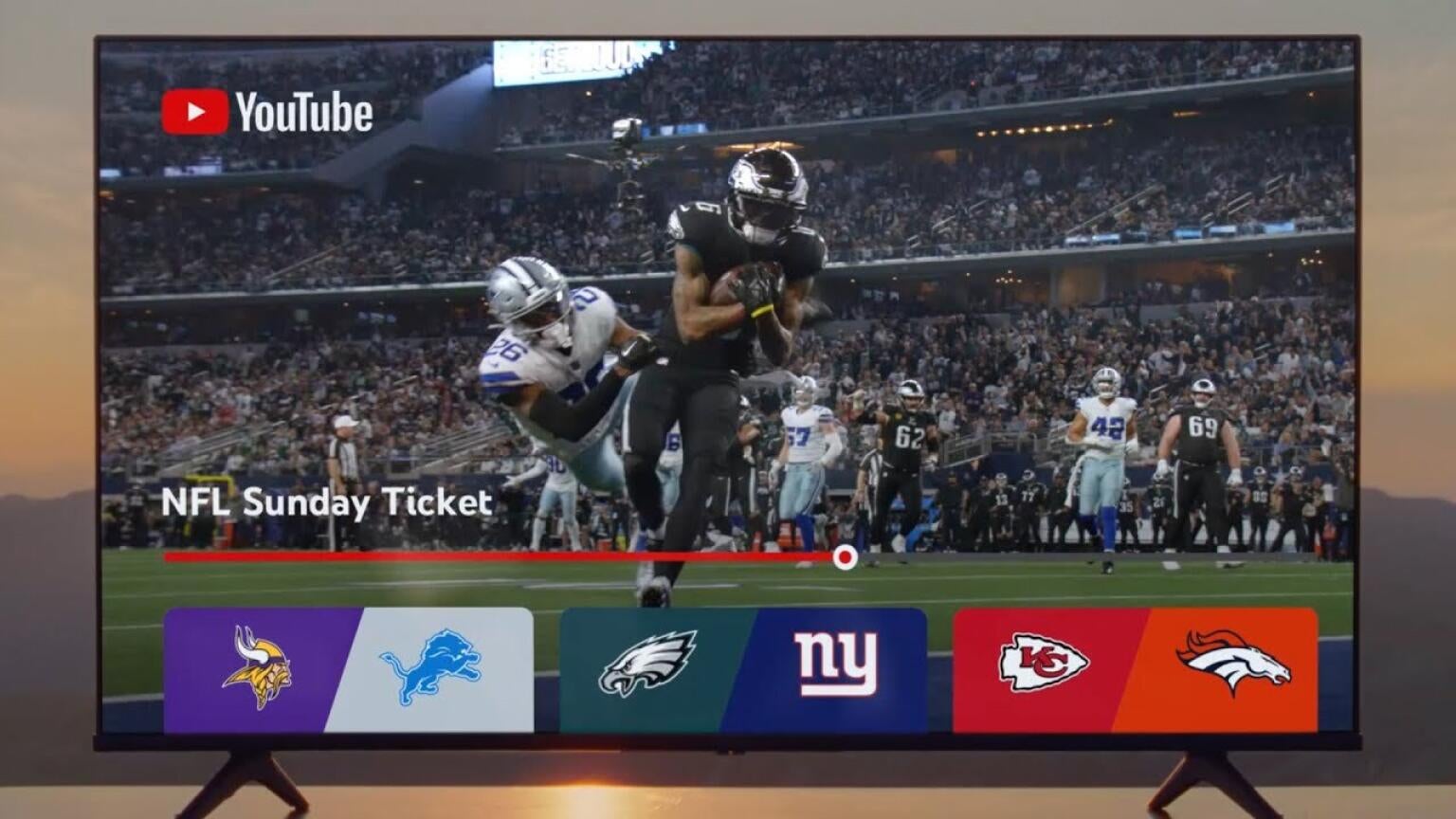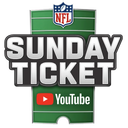The NFL Has a Good Chance of Losing Sunday Ticket Lawsuit; What Are the Arguments in the Class Action Case?
The NFL broadcasting landscape could be about to fundamentally change.

The NFL is staring down the barrel of its most consequential legal defeat in decades. A class-action lawsuit against the league and its out-of-market service NFL Sunday Ticket is nearly 10 years in the making but is finally ramping up. Last week saw the selection of a jury in the case, and this week, opening arguments have started. Some legal observers believe that the league is already in hot water, and if it does not settle it could well lose. I’ll break down the arguments from both sides below, and refresh football fans on just exactly what’s at stake in the case.
Key Details:
- The plaintiffs say that the NFL colluded with broadcast partners to inflate the price of NFL Sunday Ticket to outrageous proportions.
- The league says DIRECTV had control over the price of Sunday Ticket, and argues that all local games are still available on free broadcast channels.
- A loss by the NFL could see individual teams selling their broadcast rights to the highest bidder.
Front Office Sports spoke with several people knowledgeable about the lawsuit and the history of sports broadcasting antitrust cases. Former NFL lawyer and current professor of sports law at Columbia University Jodi Balsam says that the plaintiffs in the case have a good chance of getting at least a moderately favorable ruling, and the history of antitrust cases against the NFL isn’t a good one for the league.
“Juries have been notoriously skeptical of big sports and have not been friendly to the NFL in past antitrust trials,” Balsam said. “So I think that does not bode well for the NFL. It’s going to be very hard to explain to a jury how the economics of broadcast distribution require some sort of collaboration among sports teams.”
On the other hand, Balsam says, the league can argue that the out-of-market games found on Sunday Ticket are still broadcast on CBS and Fox on Sunday afternoons, they’re all covered by the 1961 Sports Broadcasting Act (SBA). That law says that sports leagues have a limited antitrust exemption to pool their broadcast rights together and sell them as one entity, under the condition that games are shown on over-the-air broadcast (OTA) channels. Sunday Ticket was sold by DIRECTV before moving to YouTube TV starting in the 2023 season, but the games that make up the package’s inventory are still shown on broadcast channels. That fact allows the league to argue that the plaintiffs are suing over contracts that are legally protected from litigation.
“It’s a technical argument that has led to dismissal of many antitrust cases in the past, and this may be the error the 9th Circuit made that can save the day for the NFL in any further future appeals,” Balsam said
What Is Each Side Arguing in the Case?

The lawsuit is being brought by a group of more than 2 million residential customers, as well as 48,000 commercial establishments who subscribed to NFL Sunday Ticket in the past. The plaintiffs are seeking damages of $7 billion, and because the lawsuit is an antitrust case that figure would be tripled to $21 billion if it succeeds.
The plaintiffs’ basic arguments include:
- The NFL colluded with CBS and Fox to limit the number of games available for free over the air each Sunday afternoon.
- The league drove up the price of Sunday Ticket to a ridiculous degree and forced viewers to take an all-or-nothing package to out-of-market games.
- By not allowing teams to sell their out-of-market rights individually, the NFL is violating antitrust laws.
- Allowing teams to sell out-of-market rights for themselves is good for competition in the marketplace.
The league has tried to get the lawsuit tossed, but has thus far been unsuccessful. Many observers are surprised that the NFL hasn’t settled the case yet, as it typically doesn’t like to have such proprietary knowledge as will come out in the trial about its broadcasting negotiations made public.
The NFL’s position in the case includes:
- During DIRECTV’s ownership of Sunday Ticket rights, the satellite company controlled the price of the product, not the NFL.
- The price of Sunday Ticket is high, but it’s meant for a specific subset of fans and is not the default way for NFL fans to watch games.
- Local games are all still available on OTA networks for free, allowing the vast majority of fans to pay nothing to watch their favorite teams.
- Letting teams sell their rights individually would hurt competitive balance within the league by some teams being able to command higher broadcast fees.
If the NFL loses, it will be fascinating to observe what happens next. Teams could eventually be able to sell their out-of-market rights to whomever they want going forward, but what about in-market rights? Would the SBA mean they still had to sell those games to broadcast channels or lose their antitrust exemption?
This is a landmark case for the league and its fans. The NFL is the most popular product on TV by a wide margin; 93 of the 100 most-watched TV programs in the United States in 2023 were NFL games. If the NFL loses the case, which many legal experts see as a distinct possibility, the ramifications for how viewers access their favorite team could be monumental.
NFL Sunday Ticket
NFL Sunday Ticket is a subscription video streaming service that allows football fans to watch every live out-of-market NFL game on Sunday afternoons on YouTube or YouTube TV.

